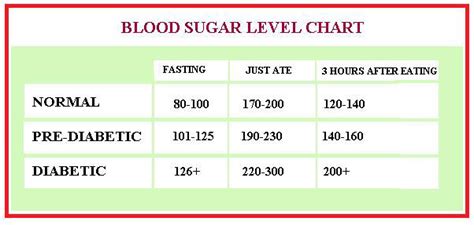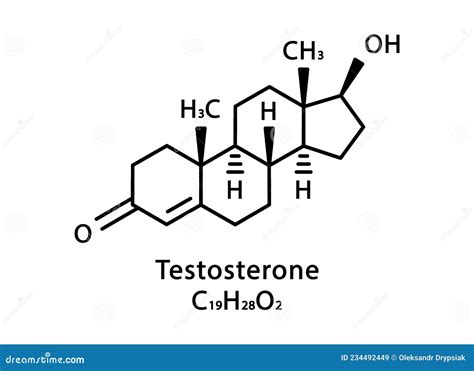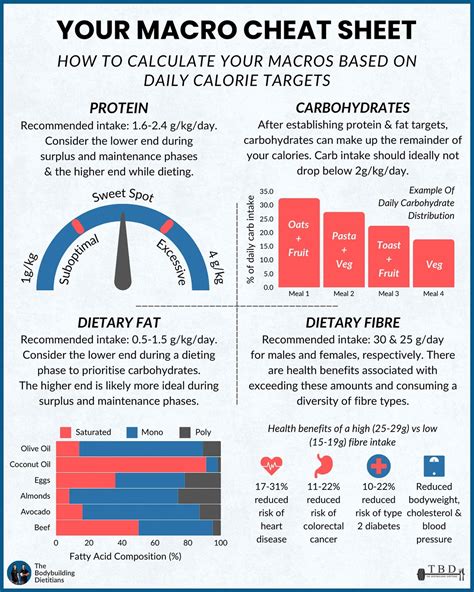For men aiming to optimize their physical and mental performance, the daily intake of macronutrients—carbohydrates, proteins, and fats—is more than just about calories. The precise ratios of these vital building blocks play a profound role in dictating not only sustained energy levels throughout a demanding day but also the delicate dance of hormonal balance critical for overall well-being, mood, and long-term health.
The Fundamental Roles of Macronutrients
Each macronutrient serves distinct yet interconnected functions. Carbohydrates are the body’s primary energy source, fueling everything from brain function to physical exertion. Proteins are essential for muscle repair, growth, and the synthesis of enzymes and hormones. Fats, often misunderstood, are crucial for cell membrane integrity, vitamin absorption, and are direct precursors to many vital hormones, including testosterone.

Carbohydrates: Fueling the Fire
The type and quantity of carbohydrates significantly influence energy. Simple carbohydrates (sugars) provide quick energy but can lead to rapid blood sugar spikes and subsequent crashes, leaving a man feeling drained. Complex carbohydrates (whole grains, vegetables, legumes) offer a slower, more sustained release of glucose, providing stable energy. A diet too low in carbohydrates, especially for active men, can deplete glycogen stores, leading to fatigue and impaired cognitive function.
Proteins: The Building Blocks and Satiety Powerhouse
Adequate protein intake is crucial. Beyond muscle maintenance, proteins provide the amino acids necessary for neurotransmitter production and play a key role in satiety, helping to prevent overeating and subsequent energy dips from excess sugar intake. They also help stabilize blood sugar by slowing the absorption of carbohydrates when consumed together.
Fats: Hormonal Precursors and Sustained Energy
Dietary fats, particularly healthy monounsaturated and saturated fats (in moderation), are indispensable for hormone production, especially testosterone. Cholesterol, a type of fat, is a direct precursor to testosterone and other steroid hormones. A diet too low in healthy fats can negatively impact testosterone levels, leading to reduced energy, libido, and mood. Fats also digest slowly, contributing to prolonged satiety and a steady energy supply.
Macronutrient Ratios and Sustained Energy
The synergy between macronutrients is key. A breakfast rich in simple carbs might give a temporary boost but often results in an energy slump by mid-morning. Conversely, a meal with a good balance of complex carbohydrates, lean protein, and healthy fats will provide a more gradual release of energy, keeping blood sugar stable and preventing the notorious “afternoon crash.” Men with physically demanding jobs or intense workout routines might benefit from a higher carbohydrate intake, ensuring sufficient glycogen stores. However, pairing these carbs with protein and fat is vital to avoid energy volatility.

Impact on Hormonal Balance in Men
Hormonal health is intricately tied to macronutrient intake. Testosterone, a primary male hormone, is sensitive to dietary fat intake. While excessive saturated fat isn’t advised, an overly restrictive low-fat diet can compromise testosterone synthesis. Studies show that diets with too little fat can lead to decreased total and free testosterone levels.

Insulin sensitivity, crucial for metabolic health and preventing conditions like type 2 diabetes, is heavily influenced by carbohydrate intake. High intake of refined carbohydrates can lead to insulin resistance, which in turn can negatively impact testosterone and increase inflammation. Protein and fiber-rich carbohydrates help regulate insulin response.
Cortisol, the “stress hormone,” can also be affected. Skipping meals or maintaining an extremely low-calorie diet can elevate cortisol levels, which can suppress testosterone and lead to fat storage. A balanced intake of macronutrients, distributed throughout the day, helps maintain stable blood sugar, reducing the body’s perceived stress and thus moderating cortisol release.
Finding Your Optimal Ratio
There’s no universally “perfect” macronutrient ratio. An active man engaging in strength training will have different needs than a sedentary man. General guidelines often suggest a balance:
- Carbohydrates: 40-50% for general health, potentially higher (50-60%) for highly active individuals. Focus on complex, whole-food sources.
- Proteins: 20-35% to support muscle maintenance and satiety.
- Fats: 25-35%, ensuring a good proportion of monounsaturated and polyunsaturated fats, with moderate saturated fat.
Experimentation and listening to your body are crucial. Pay attention to how different meal compositions affect your energy levels, mood, and recovery. Consulting with a nutritionist or dietitian can provide personalized guidance based on your specific goals, activity level, and health status.

Conclusion
The strategic manipulation of macronutrient ratios is a powerful tool for men seeking to optimize their daily energy and hormonal equilibrium. By prioritizing complex carbohydrates, sufficient lean protein, and healthy fats, and distributing these nutrients wisely throughout the day, men can stabilize blood sugar, sustain energy, support vital hormone production, and ultimately enhance their overall health and performance. It’s about more than just eating; it’s about intelligent fueling for peak male physiology.





